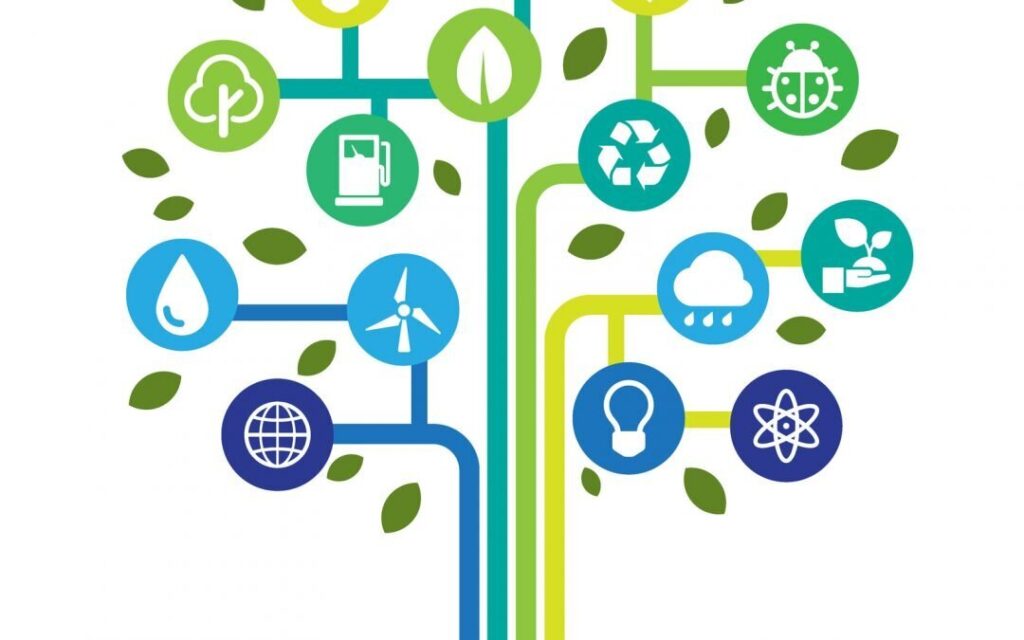Energy management has been revolutionized by the integration of advanced artificial intelligence techniques, particularly predictive analytics and time-series forecasting. These AI-driven approaches enable utility companies and energy providers to optimize operations, reduce costs, and improve overall efficiency[1][2].
Predictive Analytics in Energy Management
Predictive analytics leverages historical data, statistical models, and machine learning algorithms to forecast future energy consumption patterns and potential equipment failures[1]. This allows energy companies to:
- Implement predictive maintenance strategies, reducing downtime and maintenance costs
- Adapt energy production to fluctuating demand, minimizing waste and shortages
- Optimize resource allocation and asset utilization
By analyzing data from IoT sensors, smart meters, and other sources, predictive analytics helps utilities identify failing assets in real-time and predict their remaining useful life[1].
Time-Series Forecasting for Demand Prediction
Time-series forecasting models are particularly valuable in energy management for predicting future power consumption[4]. These models analyze historical consumption data along with external factors such as weather patterns, economic indicators, and seasonal trends to generate accurate short-term and long-term demand forecasts. This enables energy providers to:
- Balance supply and demand more effectively
- Implement dynamic pricing strategies
- Plan for infrastructure upgrades and capacity expansion
Benefits of AI-Driven Energy Management
The integration of AI techniques in energy management offers numerous benefits:
- Improved operational efficiency and cost reduction
- Enhanced grid stability and reliability
- Better utilization of renewable energy sources
- Personalized energy plans for consumers
- Reduced carbon footprint through optimized energy production and distribution[1][2]
Challenges and Future Directions
While AI-driven energy management shows great promise, challenges remain, including data quality issues, integration with legacy systems, and regulatory compliance[5]. Future developments may focus on:
- Enhanced integration of renewable energy sources
- More sophisticated predictive models incorporating a wider range of variables
- Improved real-time decision-making capabilities
- Greater emphasis on cybersecurity in energy management systems
As the energy sector continues to evolve, AI-driven approaches will play an increasingly crucial role in ensuring efficient, reliable, and sustainable energy management practices.
Further Reading
1. How Predictive Analytics are Redefining the Energy Sector
2. What Is Predictive & Prescriptive Analytics in Energy Management? – Entouch
3. https://in.nec.com/en_IN/pdf/White_Paper_Green_BTS_NTI_TECH_MAIN_PAPER_Rv02_150115_v2.pdf
4. What is energy data analytics? | Cognizant
5. Predictive Analytics for the Energy Industry


